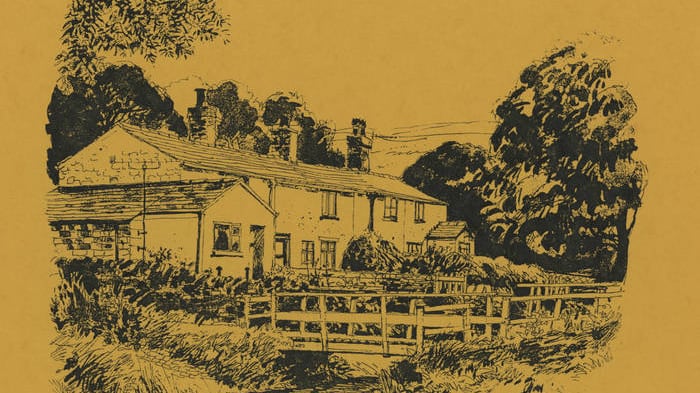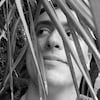In 2019, one of Portland’s great cult-classic albums was the subject of a much-needed reissue and remaster.
Ernest Hood’s 1975 Neighborhoods has long been cherished in the experimental music world as one of the best early albums of ambient music (beatless, atmospheric music designed to reward both background listening and close attention). A onetime Portland jazz guitarist and KBOO co-founder, Hood lost his ability to play guitar after being struck by polio and made Neighborhoods with a unique palette of zithers and early synths.
Hood pressed only 1,000 copies of the record, and for years, the only way most people could listen to it without shelling out triple digits on a vinyl copy was through a muddy YouTube rip that obscured the album’s sonic richness and tactile detail. Russ Gorsline’s remaster and Freedom to Spend’s reissue deserve all the Grammys in the world for bringing an almost-lost classic back to vivid life.
On Nov. 11, Freedom to Spend and the Brooklyn label RVNG Intl. released Back to the Woodlands, the second album from Hood (who died in 1995). Comprising archival recordings cut between 1972 and 1982, Woodlands is a much more immediate album, one I suspect newcomers will enjoy even more than Neighborhoods.
Neighborhoods devoted long stretches to field recordings Hood made around West Linn and other Portland suburbs. Replete with mundane conversations and distant natural and animal noises, the recordings opened up a portal into Portland’s past.
Woodlands also makes use of field recordings, including idyllic birds on “Noonday Yellows” and a familiar Northwestern shower on “Rain,” but they’re worked into the fabric of the music itself. While only about 60% of Neighborhoods actually consisted of music, Woodlands is a total immersion into Hood’s idiosyncratic sound. For just over 30 minutes, zithers arc across the stereo field like a bird unfurling its wings as rushing water and crickets murmur gently in the distance.
These field recordings are a little less specific than the ones on Neighborhoods. On one track on that album, you could hear an old-timer talk about the wreck of a boat still sitting at the bottom of the Columbia River. The old man’s memories were interwoven in the fabric of the album along with Hood’s, and it was hard not to wonder if the wreck was still there—and who the old man was and what his childhood was like.
Meanwhile, the rain on “Rain” could’ve just as easily been recorded in Wisconsin. The dark mystery of the Cascadian forest has been an inspiration to artists, from bands like Agalloch and Wolves in the Throne Room to indie-rockers like Phil Elverum to filmmakers like Kelly Reichardt (Old Joy), Rob Reiner (Stand By Me), and Scott Cooper (Antlers). These creators capture the primeval, pagan, threatening quality of the Northwestern woods, whereas Woodlands evokes a pleasant walk in the park.
The whole thing has a Bambi-ish, Thomas Kinkade-style quality that offers a harmless and tame vision of nature. The music doesn’t suggest any vastness, danger, awe or mystery. It simply exhales with appreciation at how beautiful everything is, as if perpetually in the midst of sniffing a flower.
Few artists can combine such unconventional instrumentation into something so natural and consonant-sounding, and the arcing zithers and primitive synths make it sound a lot wonkier than your average New Age healing shop tape. It just sounds plain great, and it’s hard to imagine anyone enthralled by synth curiosities (like Mort Garson’s recently reissued Mother Earth’s Plantasia) won’t fall in love with it.
Woodlands is a doozy of an archival find, and it works great if you’re trying to simply bliss out. But a true evocation of the Oregon woodlands it is not.

